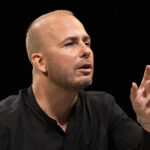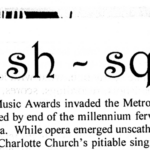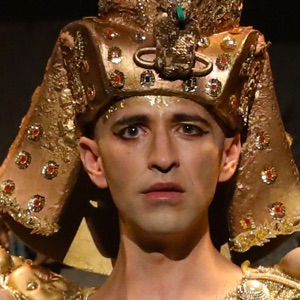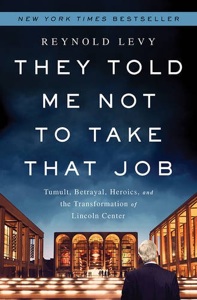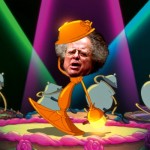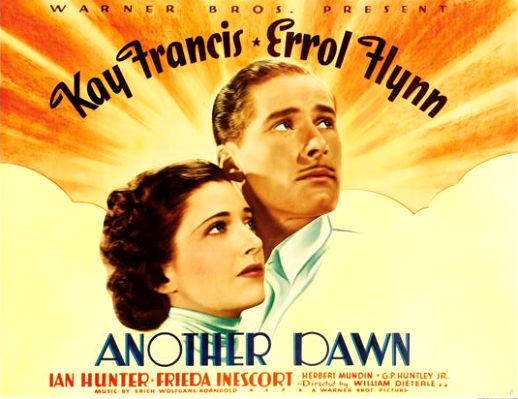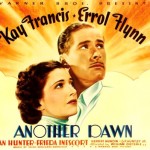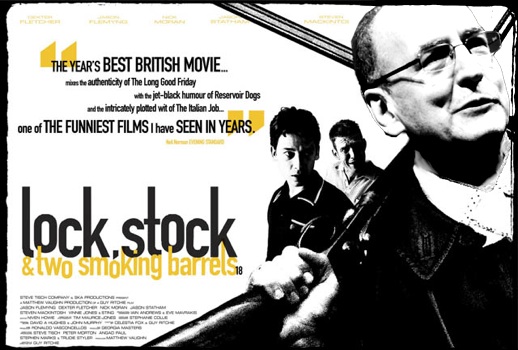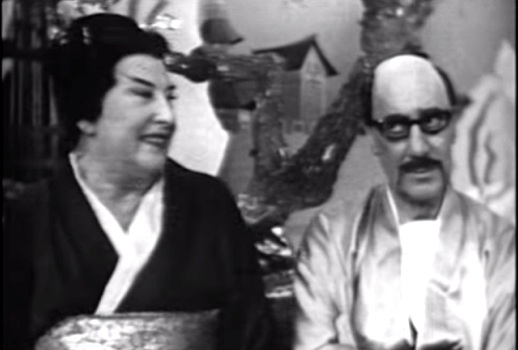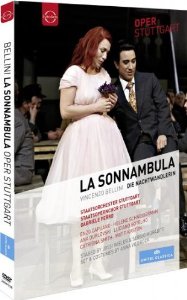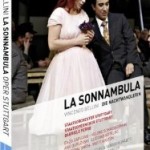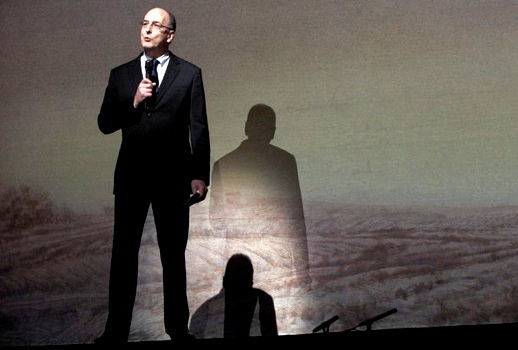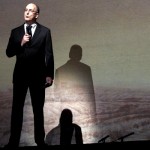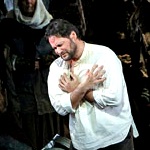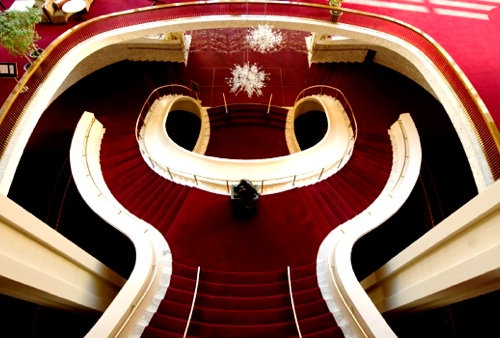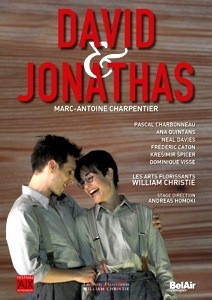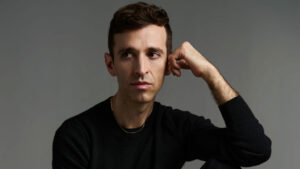
Dawn Fatale
The Metropolitan Opera chose the early August operatic doldrums in NYC to announce the renewal of Yannick Nézet-Séguin’s contract as music director through the 2029-30 season.
parterre box turns 30 on Sunday and writers from around the box are reflecting on the legacy of founder James Jorden and three decades of “remembering when opera was queer and dangerous and exciting and making it that way again”
A quick survey of the Met website shows wide swaths of available seats for the upcoming performances of La traviata and L’elisir d’amore. Only new works like The Hours and Fire Shut Up in My Bones have been achieving sold-out houses.
A nonstop flow of COVID related announcements from New York City performing arts organizations has swept the city the past weeks.
Last year at this time, performance arts organizations in NYC were announcing that the COVID pandemic would force closures through the summer. We here at parterre box, having honed our mantic powers predicting the precise timing of a singer’s vocal collapse, foresaw a grimmer reality.
What options are there for the Met and the other performing arts organizations trying to envision restarting performances in the fall?
Mad Scenes and Exit Arias: The Death of the New York City Opera and the Future of Opera in America provides ample fodder for the legions of amateur opera sleuths seeking to confirm their theory of “Who Killed City Opera?”
Akhnaten, seen at the Los Angeles Opera on November 13 tells the story of the Pharaoh who abandoned traditional Egyptian polytheism.
At the election-eve Jenufa at the Met, Trumpism made an unexpected, if timely appearance.
The redevelopment that took place at Lincoln Center during Reynold Levy’s tenure as president of Lincoln Center represents a considerable accomplishment.
James Levine turns 72 this year. Even though his health has improved considerably in the past year and he may continue to conduct for a decade or more, it seems inevitable that he will step down as the Met’s Music Director sometime in the next few years to assume the role of Conductor Laureate.
For my 2014 retrospective, I’ve chosen two shows from the past year that are returning in 2015 and that really shouldn’t be missed by NY-based-and-visiting parterriani.
Last week, Moody’s Investor Services delivered yet another piece of yet another piece of bad news for the Metropolitan Opera.
This past week of contract negotiations at the Metropolitan Opera has been notable for the absence of any new PowerPoint presentations or fustian proclamations.
For those of you still queasy after Mary Zimmerman’s sophomoric snarknado attack on Bellini’s La Sonnambula, the new DVD of the Stuttgart Opera production should provide a bracing restorative.
Short answer: yes. But let’s begin by dismissing the a blatant canard. One thing that the Metropolitan Opera does not need to do is to scale back the number of performances in a season.
The Met’s financial challenges are not meteorological, demographic, or cyclical; they are structural.
Marc-Antoine Charpentier’s opera David et Jonathas, written for a celebration at a Jesuit school in 1688, premiered together with a Latin verse drama, Saul, now lost.


